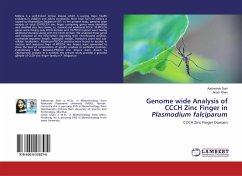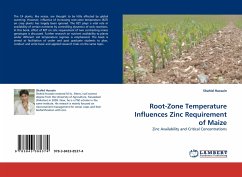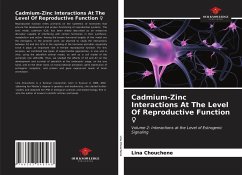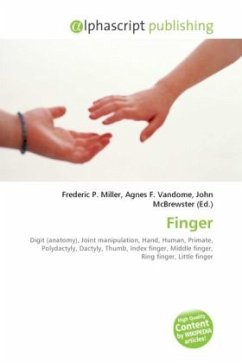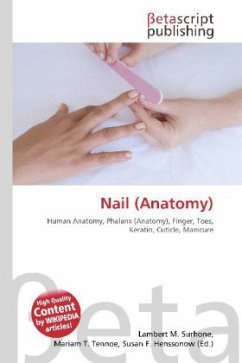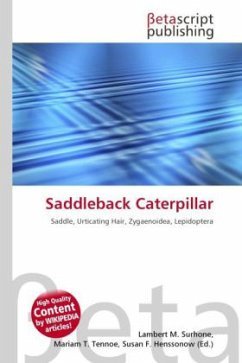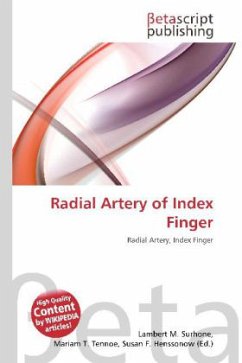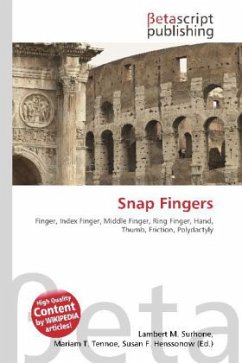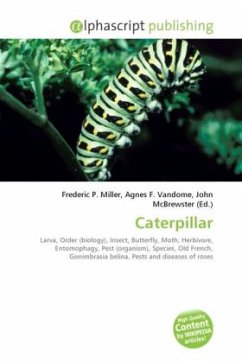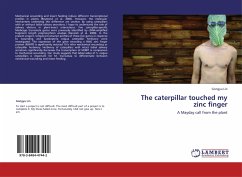
The caterpillar touched my zinc finger
A Mayday call from the plant
Versandkostenfrei!
Versandfertig in 6-10 Tagen
32,99 €
inkl. MwSt.

PAYBACK Punkte
16 °P sammeln!
Mechanical wounding and insect feeding induce different transcriptional profiles in plants (Reymond et al. 2000). However, the molecular mechanisms underlying this difference are unclear. By using caterpillars with or without labial salivary secretions, I hope to understand the role of salivary elicitors in plant-insect interactions. Five caterpillar-specific Medicago truncatula genes were previously identified by cDNA-amplified fragment length polymorphism analysis (Darwish et al. 2008). In the present project, temporal transcript profiles of these five genes in response to wounding and Spodo...
Mechanical wounding and insect feeding induce different transcriptional profiles in plants (Reymond et al. 2000). However, the molecular mechanisms underlying this difference are unclear. By using caterpillars with or without labial salivary secretions, I hope to understand the role of salivary elicitors in plant-insect interactions. Five caterpillar-specific Medicago truncatula genes were previously identified by cDNA-amplified fragment length polymorphism analysis (Darwish et al. 2008). In the present project, temporal transcript profiles of these five genes in response to wounding and Spodoptera exigua caterpillar herbivory were investigated. The expression of the gene encoding a RING zinc finger protein (MtRFP) is significantly reduced 10 h after mechanical wounding or caterpillar herbivory. Herbivory of caterpillars with intact labial salivary secretions significantly decreases the transcription of MtRFP in comparison to mechanical wounding. Our study suggests that labial saliva of S. exigua caterpillars is important for M. truncatula to differentiate between mechanical wounding and insect feeding.



